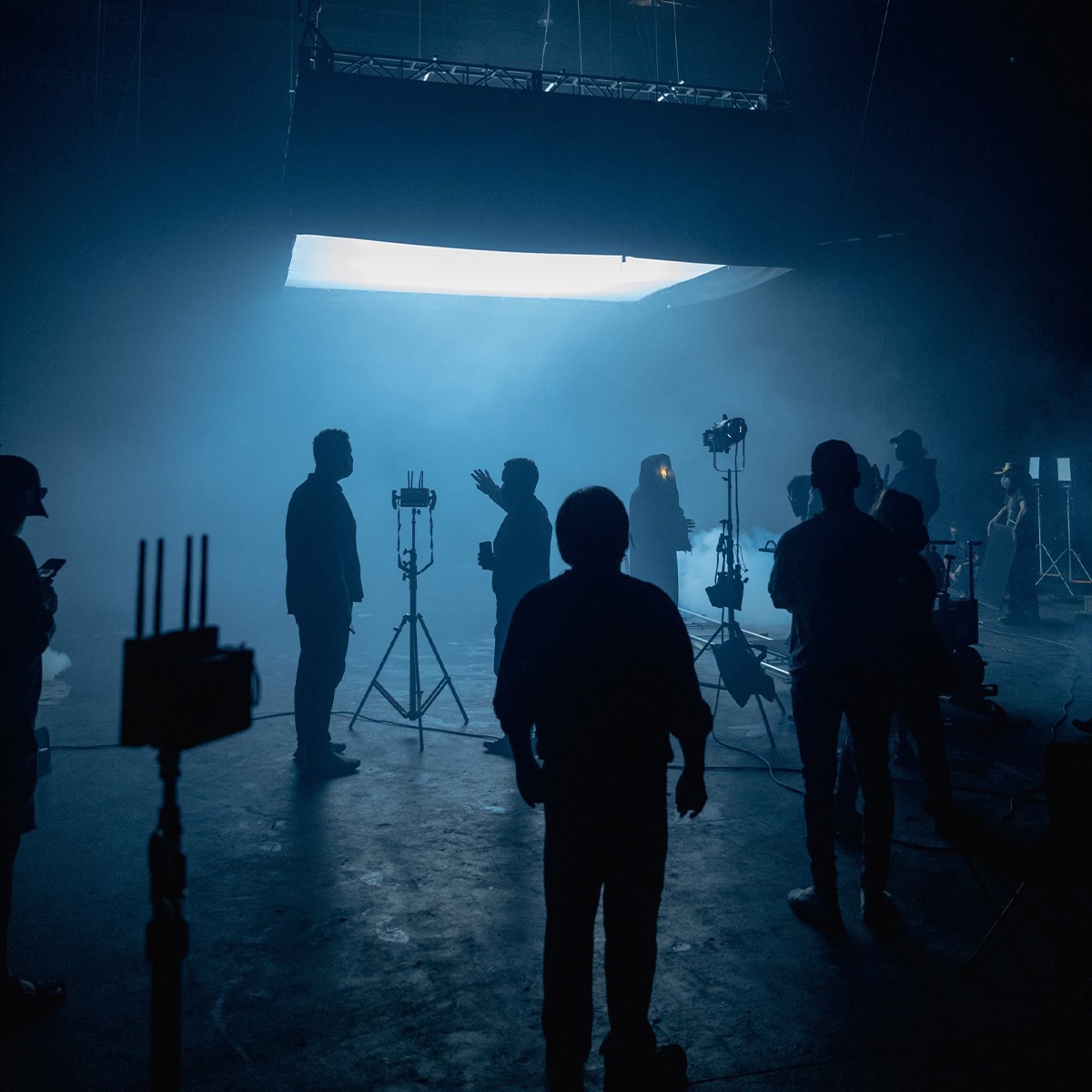Costume and Wardrobe Department
Film Crew Position: Assistant Stylist

What does a Assistant Stylist do?
An Assistant Stylist, operating within the Costume and Wardrobe Department of a film production, is a crucial role that supports the lead Stylist or Costume Designer in creating the outfits and overall look for characters in a film. This individual works closely with other department members to assist in the selection, organization, maintenance, and sometimes alteration of costumes for actors. Assistant Stylists play a key part in ensuring that every clothing item aligns with the film's aesthetic and the vision of the director and production designer.
What role does a Assistant Stylist play?
The primary function of an Assistant Stylist is to provide support to the head Stylist and ensure the smooth operation of the wardrobe department on set. This includes assisting with fittings, preparing clothing and accessories for shoots, managing wardrobe inventory, and collaborating with other departments to maintain continuity. The Assistant Stylist must be adept at multitasking, as they often handle multiple costumes and accessories that must be ready for quick changes and re-shoots, ensuring each actor's look remains consistent throughout the production.
Do you need to go to college to be a Assistant Stylist?
A college degree is not strictly mandatory to become an Assistant Stylist, although a background in fashion, design, or a related field can be advantageous. Many Assistant Stylists have degrees or diplomas in costume design, fashion merchandising, or textile arts. However, hands-on experience, internships, and a strong portfolio can be just as valuable as formal education in this field. Aspiring Assistant Stylists typically gain experience by working in lower-level positions in the wardrobe department or in related fields such as fashion retail, tailoring, or theater productions.
What skills do you need to be a Assistant Stylist?
To excel as an Assistant Stylist, individuals need to possess a blend of creative and practical skills. A keen eye for detail and a solid understanding of fashion and garment construction are critical. They must also have excellent organizational skills to manage the wardrobe inventory effectively. Strong communication and interpersonal skills are essential for collaborating with other department members and actors. Additionally, problem-solving skills and the ability to work under tight deadlines are crucial in the fast-paced environment of film production. Knowledge of fabric care and the capability to perform minor alterations is often required to ensure costumes look their best on camera.
New to filmmaking?
Get Free Template
Use our budget template to get a kick start on your film project. Get access to dozens of templates no matter what type of project!
